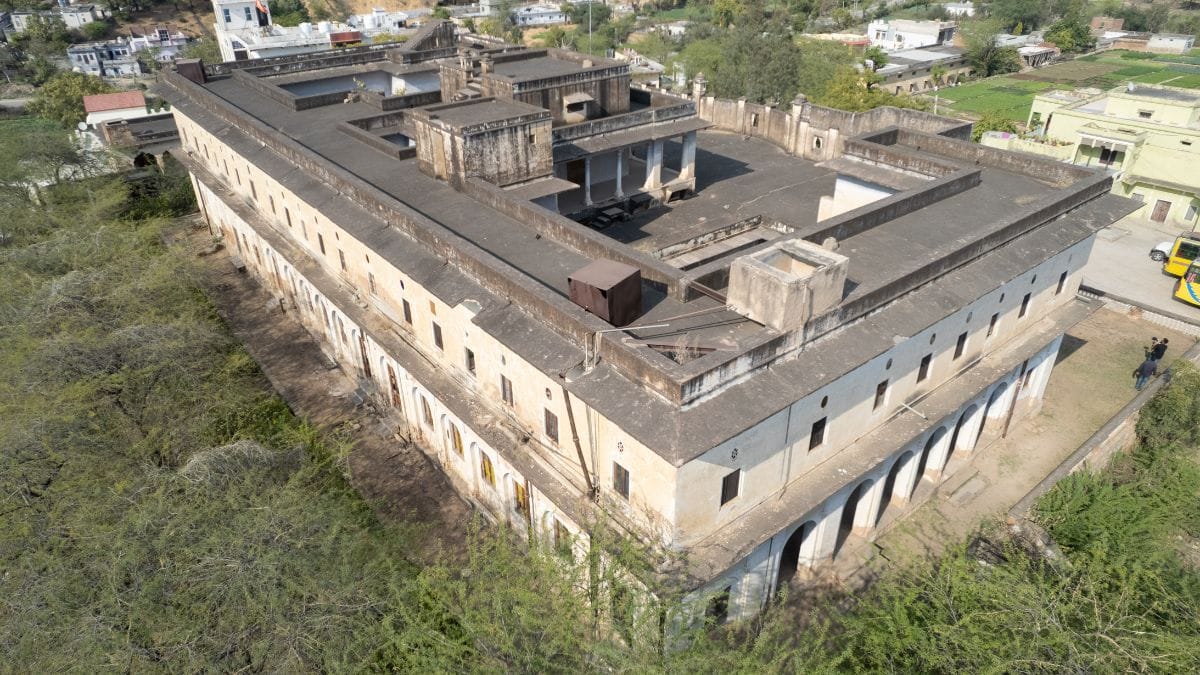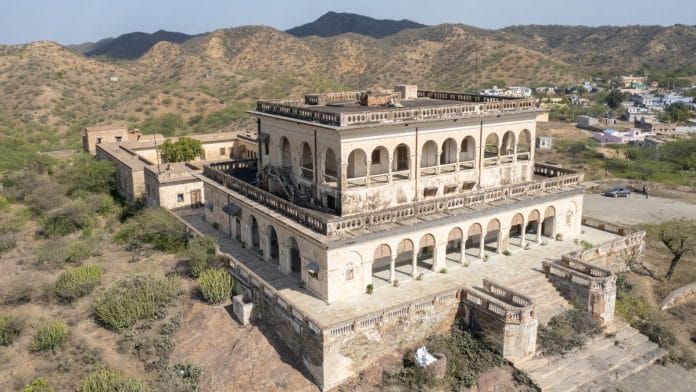New Delhi: Nearly four decades after the Rajasthan government seized the palaces and properties of a Rajasthan Raja, Bahadur Sardar Singh, under the Escheats Act, the Supreme Court has delivered a landmark judgment restoring his vast estate, worth nearly Rs 2,500 crore, to the Khetri trust created by him—as per his 1985 will.
The bench of Justices B.V. Nagarathna and S.C. Sharma, in an order 1 September, made available 12 September, ruled that the Rajasthan government had “no locus standi” to contest the will or the probate granted by the Delhi High Court, since state ownership through escheat (reversion of property to the state) applies only when a person dies intestate (without a valid will) and without legal heirs.
“We have no hesitation to hold that… the State of Rajasthan has no locus standi to challenge the judgment of the division bench of the high court as the will of the deceased testator has been probated and, therefore, Section 29 of the (Rajasthan Escheats Regulation) Act would not apply,” the Supreme Court said.
38-year battle of law, politics, & legacy
Raja Bahadur Sardar Singh, a member of the Constituent Assembly of Khetri, Rajasthan, executed a registered will in 1985 at the Tis Hazari Court in New Delhi, handing over his estates to the newly formed Khetri trust. He also executed a codicil (supplementing his will) the same year. Having divorced by mutual consent and with no children, he left no direct heirs.
The Khetri trust, according to their website “was created for the benefit of the public at large and for the purpose of promotion of education, that is to say, advancement of studies of Science, Literature and Arts, by the grant of scholarships to deserving students for study in India or abroad, by the establishment of libraries, reading rooms, schools, academics, laboratories, research centres or other institutions, as the funds would allow and the trustees would think fit”.

When he passed away 28 January 1987, the Rajasthan government invoked the Rajasthan Escheats Act, 1956, declared that he had “no heirs”, and took over the properties. Palaces, mansions, and heritage assets worth nearly Rs 2,500 crore that once symbolised pride and patronage—including the Khetri house that famously supported Swami Vivekananda before his Chicago address in 1893—were managed by the Rajasthan government, with frequent reports of neglect.
For nearly 40 years, the case wound its way through the courts. In July 2023, a division bench of the Delhi High Court upheld the will and granted probate to the Khetri trust. Now, Rajasthan’s appeal against this order has been dismissed by the Supreme Court.
Why Rajasthan’s claim failed
The government argued that under Section 29 of the Hindu Succession Act, 1956, Sardar Singh’s estate should have devolved upon the government as there were “no heirs”.
The Supreme Court rejected this argument, clarifying that escheat applies only when there is no valid will and no qualified heir. Since the will was probated and valid, the succession was testamentary—not intestate; and the Khetri trust, as the will’s legatee, was the rightful successor.
The Court held that Rajasthan was a “stranger” to these proceedings and had no authority to interfere in private succession matters.

Agnates’ plea dismissed with penalty
Separately, two men claiming to be agnates—relatives only through male lineage (in this case, 6th to 9th generation male relatives)—of the late ruler challenged the will. They argued that since they withdrew earlier objections only because probate was initially denied by a single judge, they retained their right to claim inheritance under the Hindu Succession Act.
The Supreme Court dismissed their Special Leave Petition on two counts. First, suppression of facts as the agnates had earlier withdrawn a civil suit in 2005 challenging the will, without seeking liberty to re-file it.
Then, they had also withdrawn their opposition during the probate proceedings, which implied acceptance of the will.
For this “very serious and grave issue” of suppressing material facts, the court imposed a penalty of Rs 1 lakh on each of the agnates, payable to the Supreme Court Mediation Centre within six weeks.
After decades of litigation, the Supreme Court’s ruling ensures that the estate will finally be managed by the Khetri trust, in accordance with Raja Bahadur Sardar Singh’s will.
(Edited by Viny Mishra)
Also read: Jaipur royals vs Rajasthan: Can courts hear disputes over pre-Constitution covenants? SC to decide






